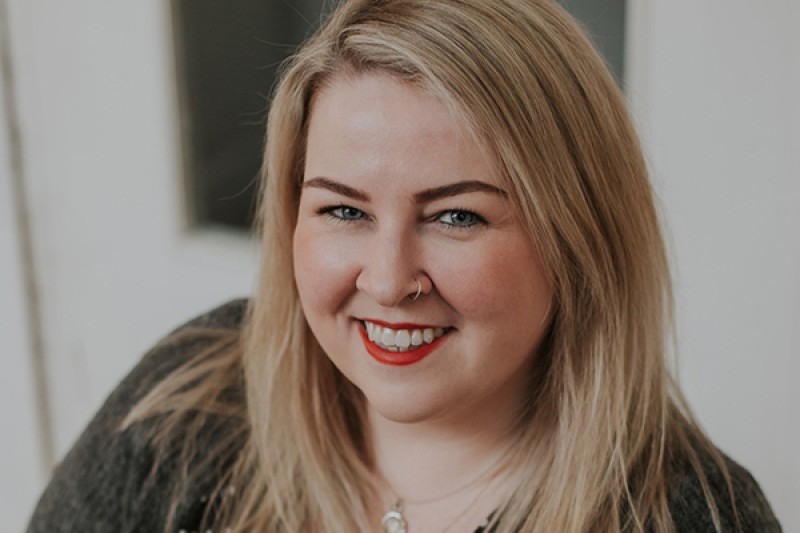Victoria began her journey into television production when she joined BU in 2007. Her final year project was a film on women in war-torn Afghanistan which won the prestigious New Director Award at the 2012 Al Jazeera Documentary Festival. Today, she is an award-winning documentary maker who has risen through the ranks to become one of Britain’s youngest TV Executives.
After starting her career as an intern on Channel 4’s Dispatches, Victoria went on to work across a whole range of current affairs and factual dramas and was the series producer for the landmark BBC documentary, ‘Stephen: The Murder That Changed a Nation.’
Victoria crafts meticulously researched documentaries which tackle difficult topics ranging from hate crime and modern slavery, to class exclusion and miscarriages of justice. This requires gaining access to difficult places and people, from the FBI to US military bases and high security prisons.
Victoria joined the BBC as the Head of Development for TV Current Affairs four years ago, but in a twist of fate is about to join the company – Roast Beef Productions – that she wrote about in her final year project back in 2010 at BU.
In addition to her outstanding credentials, Victoria is passionate about creating equal access for people from diverse backgrounds into film and TV. She has given countless talks, launched networking events and created mentoring schemes to help young talent. She has also worked with the BFI, BAFTA, and ScreenSkills, on projects to improve diversity. Victoria has championed the storytellers of tomorrow by individually mentoring countless graduates and students, with many from BU. The diversity of their voices promises a rich future for storytelling.
Reflecting on her win, Victoria said, “I’ve always felt an intense moral obligation to use the platform I have as a producer, to highlight social injustices and accurately portray the experiences of underrepresented communities. This is in addition to trying to make the TV and film industry more accessible and inclusive to the next generation of talent. To have that recognised by BU, the place l learnt my craft as a documentary maker is a real honour.”
She continues, “Accepting my degree was the moment I took the first step on a path towards my dream career in TV and film. Even after graduating, some lecturers continued to mentor and support me, helping me prepare for documentary pitches or reviewing applications. I owe these individuals a huge debt of gratitude for their commitment to supporting their students. The university is lucky to have such an inspirational and dedicated faculty.”
“The TV industry, and filmmaking, is hard. It’s tough to get in, difficult to stay employed and can feel impossible to climb the ladder towards seniority – especially if you come from a working-class background or are disabled, as I am. Yet it’s achievable with the right dedication and support, and BU has a track record for nurturing individuals who go on to secure decision-making roles in our industry. While the industry is tough, there are many kind and passionate people who want to help and I would always advise to reach out to those you most admire, asking for advice or introductions. You’d be surprised by how often people want to support the talent of tomorrow.”
